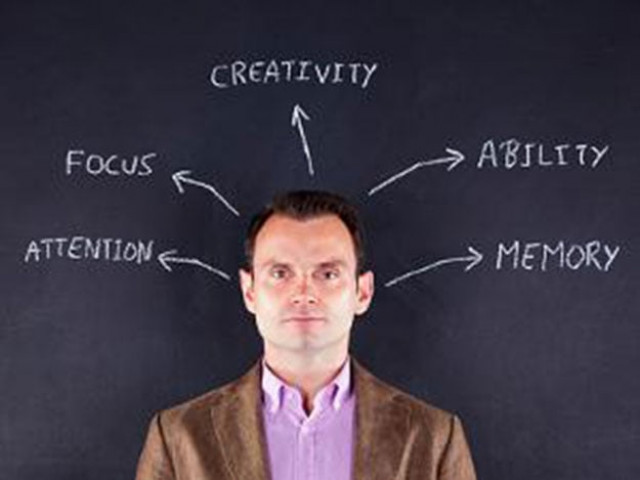How emotions influence learning, memory
Different emotions cause the brain to work differently, including cognitive processes

Emotions are not only the product of information-processing by the brain, they also influence the processes of learning and memory. PHOTO: TIMESOFINDIA
"Different emotions cause the brain to work differently and on distinct frequencies," said researcher Shlomo Wagner from University of Haifa in Israel.
Read: 7 ways you may be ruining your IQ
In the first part of the study, the researchers examined the electrical activity in the brains of rats during social behaviour.
They discovered strong rhythmical activity reflecting a state of excitement in the animal.
This activity was particularly strong and synchronous between areas of the brain associated with social memory during the first encounter between two previously unfamiliar rats.
This rhythmical brain activity declined in strength and in the level of coordination between different brain areas as the encounter between the two rats was repeated.
"The results said the excitement of the social encounter with a stranger rat created the high level of synchronised rhythmic activity in the brain, and it was this factor that seems to facilitate the formation of social memory," Wagner said.
"In essence, this explains why people tend to remember in particular their first encounter with a future friend or partner," Wagner said.
The researchers then exposed the rats to a different emotion - a negative one associated with exposure to a frightening stimulant.
Once again, strong rhythmical activity and coordination between the different areas associated with social memory was seen. However, this took place on a different frequency and at a slower rhythmical pattern.
Read: Air pollution may damage brain
"The implication is clear. Different emotions cause the brain to work differently, including in terms of cognitive processes such as learning and memory," Wagner said.



















COMMENTS
Comments are moderated and generally will be posted if they are on-topic and not abusive.
For more information, please see our Comments FAQ